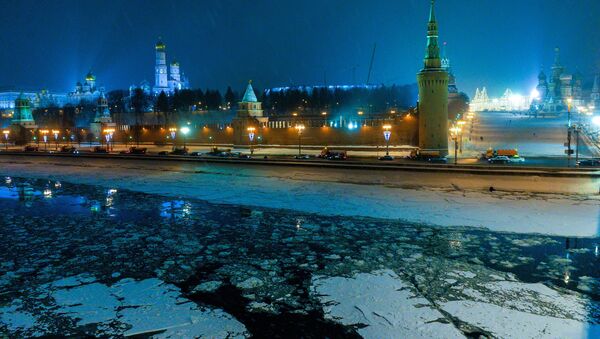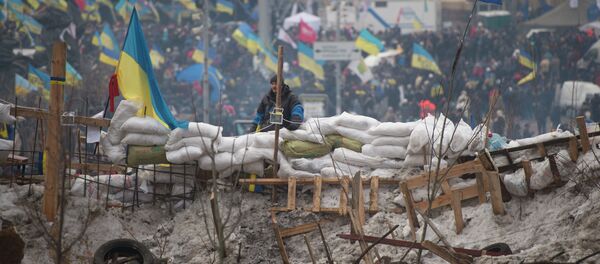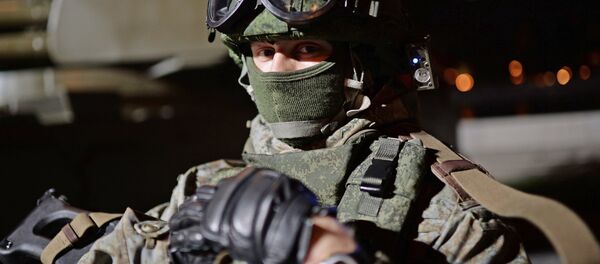"When Western media makes up stories about Russia, it's no big deal. When Russian media get things wrong, it's ‘Hybrid Warfare," MacDonald wrote for RT.
It seems like the West has a "monopoly on truth" with only its point of view being right and worthy, meanwhile anything that goes against it is by definition considered as "disinformation," the Irish journalist said.
MacDonald brought up the example of the French documentary film Les Masques de la Revolution ("The Masks of Revolution"), which showed the role of neo-Nazi groups during the Maidan Protests in Ukraine. Despite being an entirely French-made with no Russian role whatsoever, the film was immediately labelled as "Russian propaganda."
The simple fact of the matter was that the film's director, Paul Moreira, simply wanted to bring media pluralism and tell the French audience what actually happened in Ukraine after carrying out a thorough investigation.
Needless to say none of the leading Western media outlets covered the broadcast and the fact that the Ukrainian government tried to put pressure on Canal+.
MacDonald asked readers what if the situation had been reversed. What if a private Russian channel made a documentary challenging the Kremlin's point of view on Ukraine and the Russian Foreign Ministry openly tried to prevent the broadcast?
If that was the case, then every single major Western news agency would have covered the story, screaming about "Russian propaganda" and attacks against freedom of speech, MacDonald argued.
If a Russian channel did something even remotely similar the outcries of "hybrid warfare", the term which became popular to describe inaccurate media coverage by Russian media. However, when Western agencies write made-up stories involving Russia, such as that Putin allegedly offered Poland to divide Ukraine in half, they are never labelled as "hybrid warfare" or "propaganda," MacDonald pointed out.




